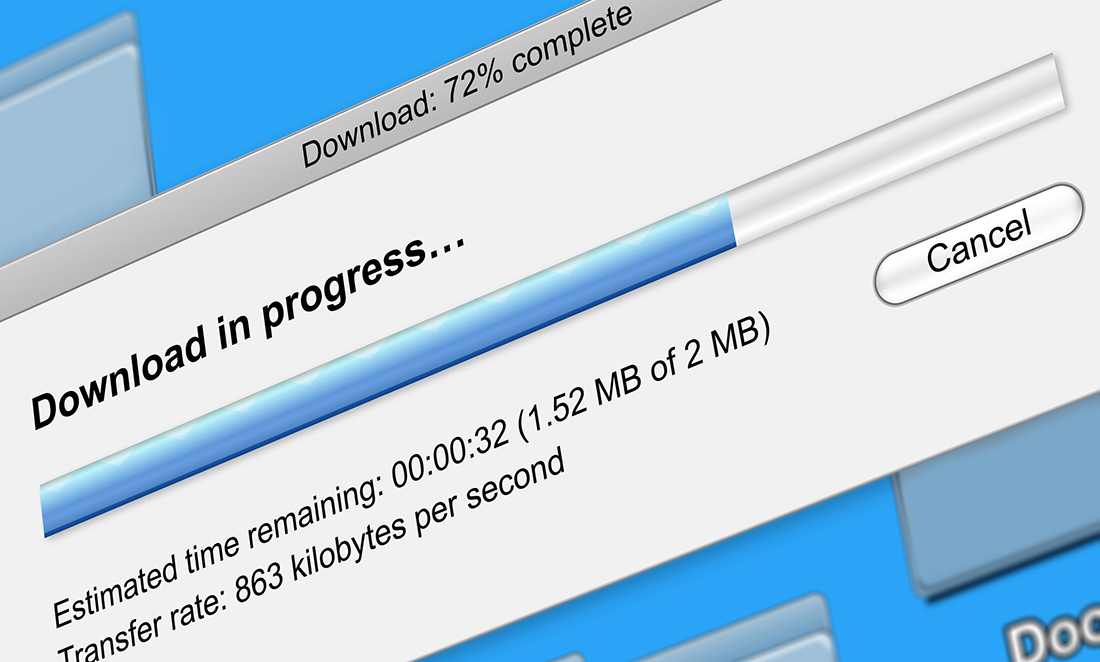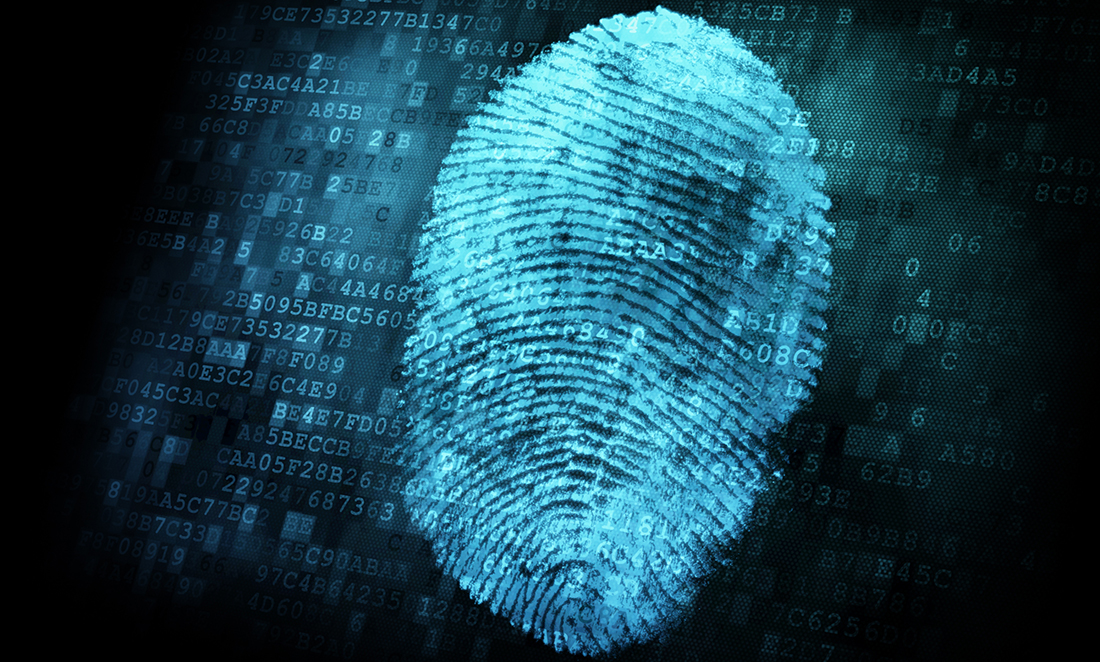Over the past few weeks, Metadata has been referred to as an “invasion of privacy”.
It’s all to do with a set of new laws allowing the Australian government to store metadata without consent of internet users.
And considering about 84% of the Australian population logs on regularly, it’s brought about plenty of debate on the side.
But what is metadata?
Big Metadata
In simplest terms, Metadata gives information about other data – it’s data about data.
For instance – it doesn’t include what you wrote in your email but it does record where you sent the email from, the time it was sent and who you sent it to.
This also applies to mobiles calls and texts, and pretty much anything you do online – such as how long you spend on a website.
Another way of looking at it is, instead of recording your actual conversations, metadata tracks the background or the footprint left behind.
It’s all used by your internet provider to help improve your internet experience – and the Australian Government now has the right to store it.
If you use the internet, your metadata is stored somewhere.

Catching the bad guys
When broken down, the information that metadata shows, such as the length of a phone call, mightn’t be that interesting to the average internet user. It’s much more useful for police and law enforcement agencies, who can track metadata to help solve crimes by overlaying it with other information.
Associate Professor Mehai Lazarescu specialises in computing at Curtin University and says collecting metadata is in the interest of national security. Breaking a few minor rules, such as downloading episodes of Game of Thrones, is unlikely to land you on a watch list.
“They’re after bigger things than illegal downloads,” he says. “What they’re trying to do is gather information that can be used in criminal investigations.”
“The data they’re collecting is needed to make sure things are under control. It can help prevent terrorist issues.”
“People need to be aware of the reality that this is the world we live in.”
Safe and sound?
Mehai says security could be a potential issue. Although useful for serving justice, there are concerns that hackers could also use metadata to piece together identities. However, there are much easier ways for them to access important stuff like your bank password—especially when many people leave clues all over social media.
Kai-Ti Kao teaches web metrics and data at Murdoch University and says problems with metadata could arise if security is breached and the information ends up in the wrong hands.
“Sometimes, datasets can be outsourced to data analyst companies,” she says. “These aren’t always regulated or held to strict ethical standards. The data can potentially be hacked, leaked or even sold on the black market.”
We’re at the point where the online world is a major part of our lives, and that involves metadata. Most people share information, willingly, on social media but don’t think about their metadata trail. The best way to protect your metadata is to use a VPN—virtual private network—which encrypts your data.
Or you could live under a rock and avoid the internet, but where’s the fun in that?







